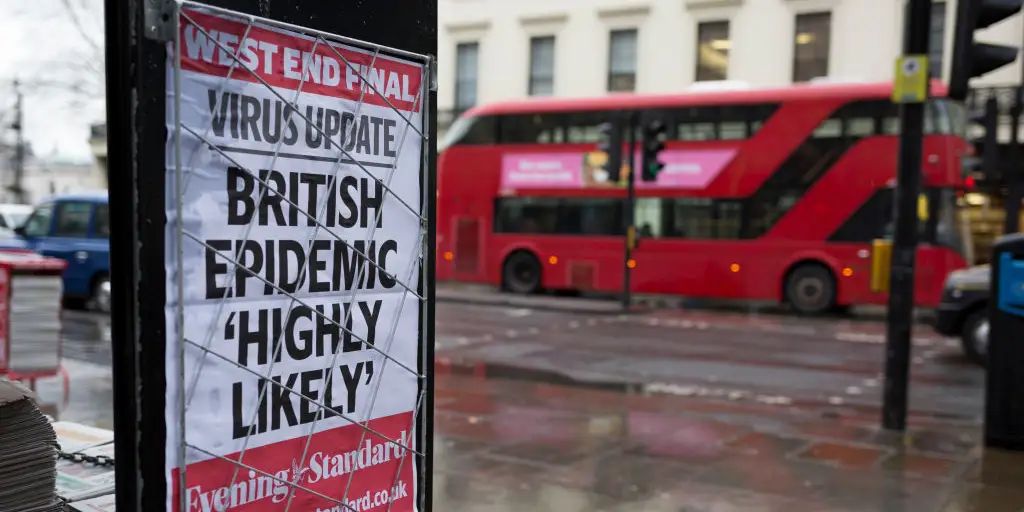| Source (Hebrew) | Source (English) |
|---|---|
רִבּוֹן הָעוֹלָמִים |
Sovereign of the universe, Send peace to Your people Israel in Your Holy Land, Who week by week live in fear, And day by day shed tears of grief — For the young and old, Parents and children, The innocent and uninvolved, Whom terror has taken as its target, And violence as its victims. |
מֶלֶךְ שֶׁהַשָּׁלוֹם שֶׁלּוֹ |
King to Whom peace belongs: Your people in Your Holy Land, Seek peace, not war, The right to live as other nations live, And to be a blessing to others. |
Bring, we pray You, comfort to those who mourn, Healing to the injured, And hope where there is despair. | |
עוֹשֶׂה שָׁלוֹם בִּמְרוֹמָיו הוּא יַעֲשֶׂה שָׁלוֹם עָלֵינוּ וְעַל כׇּל יִשְׂרָאֵל וְעַל כׇּל יוֺשְׁבֵי תֵבֶל וְאִמְרוּ אָמֵן׃ |
May He who brought His people back to the Land Grant them safety in the Land, And may He who makes peace in high places Teach us and all humanity to make peace on earth. |
According to the Rabbi Sacks Legacy Trust (RSLT), “A Prayer for Peace in Israel” was composed by Rabbi Jonathan Sacks following terror attacks in Israel in 2003 (i.e., during the Second Intifada). We do not know exactly where and when this prayer was first published or delivered. Here is his essay in The Times from 26 February 2003 during the Second Intifada: “The Seeds of Peace are Sown through Ordinary Dialogue.” He also expounded on peace in his June “Sir Isaiah Berlin Memorial Lecture” (16 June 2003). The text of the prayer appearing here was shared by the RSLT via their Facebook page in the context of the 2022 Tel Aviv Shooting.
In Rabbi Sacks’s paraphrase of “Oseh Shalom” in the last line, he includes the wording “and all humanity” to which we have added “וְעַל כׇּל יוֺשְׁבֵי תֵבֶל” in the corresponding liturgical Hebrew — an innovation in renditions of the Ḳaddish found in many progressive Jewish liturgies. –Aharon Varady
Source(s)

Prayer for Peace in Israel during the Second Intifada (chief rabbi Lord Jonathan Sacks 2003)

“Prayer for Peace in Israel, by Rabbi Lord Jonathan Sacks (Office of the Chief Rabbi of the UK & the Commonwealth, 2003)” is shared through the Open Siddur Project with a Creative Commons Public Domain Dedication 1.0 Universal license.




![Prayer for the success of the Four-Power Conference at Geneva (Office of the Chief Rabbi [of the UK and the Commonwealth] 1955) - cover page](https://opensiddur.org/wp-content/uploads/2022/06/4-power-1.jpg)





Leave a Reply